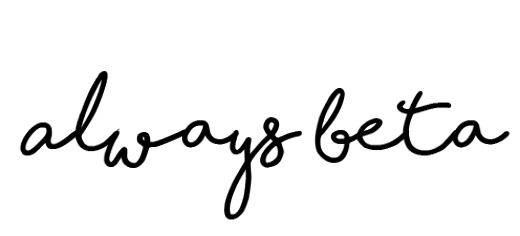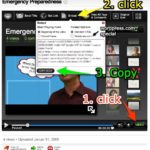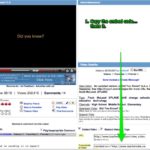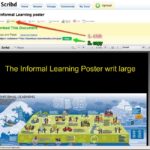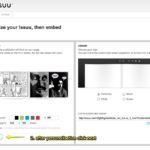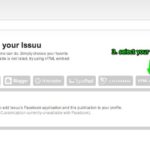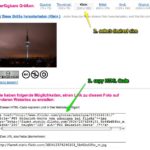Description for my Seminar in Summer 2009:

Since Blogs are an easy way to publish information to the web the use of them is still increasing, even in educational settings. The question for this seminar is how could blogging and microblogging be used efficently for teachers and learners. What are traps and what are benefits in using those technologies for learning processes? What kind of understanding of the relation between teacher and student are common and meaningful if social software is used in education? We will deal with different learning theories and how they adapt to blogging. You will also try blogging and microblogging during the seminar to discover relevant aspects for judging about the relevance and to take didactical aspects in account for future learning arrangements.
Links for this Seminar will be bookmarked at delicious with the tag: seminarappeltsose2009
This Course will take place between Apr. 7th 2009 and Jul. 14th 10:00 – 12:00 h (cet).
